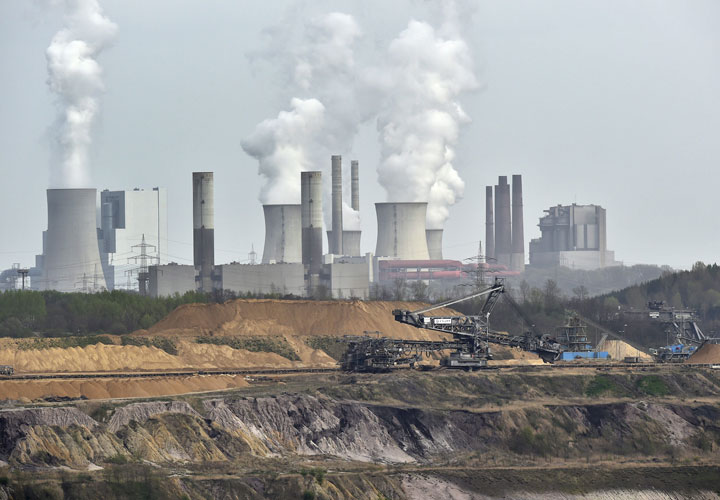MONTREAL — Faculty members and students at McGill University are calling on the institution to divest its endowment fund of fossil fuel companies, “with an immediate focus on companies heavily involved in the Canadian oil sands.”

The McGill Faculty for Divestment sent a letter to the McGill University Board of Governors, calling on the Board to immediately dump fossil fuel companies from its portfolio, citing environmental and climate grounds.
“Reducing dependency on fossil fuels is an urgent matter,” said McGill medical anthropologist Dr. Margaret Lock, a signatory to the letter, Officer of the Order of Canada and Fellow of the Royal Society of Canada.
“Divestment by leading institutions such as McGill will send a strong message to industry that the status quo is not acceptable.”
The letter has been signed by over 100 McGill faculty members, and submitted in support of a petition by the student-led group Divest McGill.
It is asking the Board’s Committee to Advise on Matters of Social Responsibility to make a finding of social injury arising from the University’s investments in the fossil fuel industry.

Get breaking National news
WATCH: Climate change forum to discuss best ways to cut carbon emission and fossil fuels
Started in the Fall of 2012, the petition now has over 1,500 signatures from students, staff, faculty and alumni, as well as endorsements from all three major student associations.
“With the Divest McGill campaign, McGill’s students are asking the University to take a leadership position in the transition to more sustainable energy practices,” said Darin Barney, Canada Research Chair in Technology & Citizenship at McGill, and a signatory to the faculty letter.
“It is important for the Board to know that the entire McGill Community supports the campaign for fossil-fuel divestment, including faculty members from across the campus.”
What is divestment?
Divestment is when institutions and governments remove financial support from companies in order to encourage change in behaviour or policy. The idea is to ensure that funds are not invested in companies that could contribute to unethical acts, such as serious violations of human rights, gross corruption or severe environmental damage.
In recent history, divestment campaigns have targeted arms manufacturers, nuclear weapons, fossil fuels, sweatshop labour, tobacco advertising and the apartheid regime of South Africa.
McGill Faculty for Divestment said it is joined by similar campaigns at universities worldwide, including Cambridge University in the U.K., Stanford University in the United States, and Concordia University and the University of British Columbia in Canada.
The calls for divestment from the McGill University faculty come as one of the world’s wealthiest government pension funds, Norway’s Government Pension Fund Global, announced that 144 companies, including oil sands producers, cement, gold and coal mining companies, had been removed from its portfolio in 2014 due to concerns over the risk it could face from regulatory action on climate change.
Leading financial investment firms have also stated concerns that companies with high greenhouse gas emissions may be exposed to risk from regulatory or other changes leading to a fall in demand.




Comments